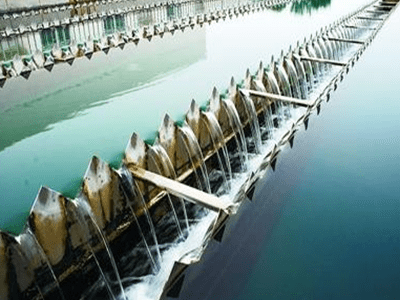Rebar (reinforcing bar) is one of the most important materials used in construction, providing essential reinforcement for concrete to improve its strength, durability, and overall performance. This article covers the role of rebar in concrete structures and its integration with geocell technology for soil stabilization in large-scale civil engineering projects.

What is Rebar and Its Importance in Construction?
Rebar is a steel bar or mesh embedded in concrete to prevent cracking and enhance tensile strength. Concrete is naturally strong under compression but weak when it comes to tension, making it prone to cracking and failure when subjected to stress. Rebar, with its ribbed surface, binds tightly with the surrounding concrete, reinforcing the structure and allowing it to withstand both compression and tension.
Types of Rebar and Their Applications
- Mild Steel Rebar (Grade 40 and Grade 60): Commonly used for most construction projects, offering solid performance and affordability.
- Epoxy-Coated Rebar: Designed for environments with high moisture or corrosive elements, such as coastal areas or roads exposed to salt.
- Stainless Steel Rebar: An advanced, highly corrosion-resistant type used in specialized conditions.
- GFRP Rebar (Glass-Fiber Reinforced Polymer): Ideal for areas requiring additional corrosion resistance, such as chemical plants or marine environments.
How Does Rebar Work with Geocells in Ground Stabilization?
Geocell systems are a three-dimensional, honeycomb-like structure used to stabilize weak or erodible soils. By confining the soil, geocells help prevent erosion and increase the load-bearing capacity of the ground. When rebar is used in combination with geocell systems, it helps reinforce both the soil and the concrete structures built on top. This synergy results in stronger, more durable foundations, roadways, and retaining walls, especially in areas with weak soil.
Why Is Rebar Crucial in Construction?
- Increased Strength: Rebar enhances the tensile strength of concrete, preventing cracks and improving the overall structural integrity of buildings, roads, and bridges.
- Long-Term Durability: Rebar-reinforced concrete is highly resistant to wear, making it last longer even under harsh environmental conditions.
- Cost Savings: Although rebar adds to initial costs, its strength prevents the need for costly repairs over time.
- Flexibility in Design: Rebar is versatile and can be shaped to fit the specific requirements of each construction project, allowing for customized and creative solutions.
Rebar is an integral part of concrete construction, ensuring strength, stability, and longevity. When paired with geocell technology, it helps stabilize the ground, making it ideal for large civil engineering projects in areas with challenging soil conditions.